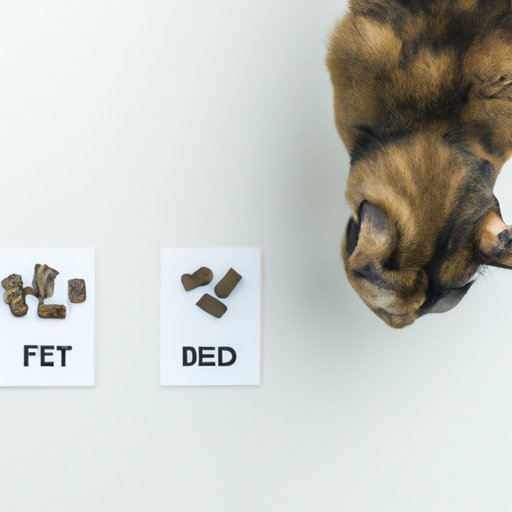
Introduction
Cats, like humans, can sometimes struggle with maintaining a healthy weight. While some cats have difficulty gaining weight due to medical conditions or picky eating habits, others may become overweight due to overfeeding and a lack of exercise. It is essential to maintain a healthy weight for your cat to ensure optimal health and well-being. This article provides a comprehensive guide to help cat owners put weight on their feline companions healthily.
Understanding Your Cat’s Body Condition Score
Before you embark on a weight-gain strategy for your cat, it is essential to understand your cat’s body condition score. Veterinarians often use a body condition scoring system to assess a cat’s weight and body composition. The scoring system ranges from one (emaciated) to nine (morbidly obese), with a score of five being ideal. To determine your cat’s score, you can perform a visual and hands-on examination of your cat’s ribs, spine, and waistline.
An underweight cat would have a body condition score of three or less, while an overweight cat would have a score of seven or higher. It is crucial to maintain your cat’s body condition score within the ideal range to prevent adverse health outcomes such as malnutrition and obesity.
Increasing Your Cat’s Daily Caloric Intake
One of the most effective strategies for putting weight on your cat is to increase their daily caloric intake. However, it is vital to do this gradually and in a healthy way. Overfeeding your cat or giving them foods that lack essential nutrients can cause digestive problems and other health complications.
You can determine the amount of food necessary for your cat to gain weight by calculating their resting energy requirement (RER) and multiplying it by a factor based on their activity level and age. High-quality, nutrient-dense foods are crucial for your cat to gain weight healthily. Protein, for instance, is essential for muscle growth and development. You can also add healthy fats such as fish oil to your cat’s food to increase their caloric intake.
When introducing new foods to your cat’s diet, it is crucial to do it gradually to avoid digestive upset. Ideally, you should mix the new food with their current food until your cat is entirely eating the new food. Additionally, ensure that your cat always has access to fresh, clean drinking water.
Dietary Supplementation for Cats
Dietary supplements can be an effective strategy to aid in weight gain for cats. These supplements may come in the form of vitamins, minerals, fatty acids, and proteins, among others. However, it is crucial to consult with your veterinarian before incorporating supplements into your cat’s diet.
Some supplements such as probiotics and digestive enzymes can improve the absorption of nutrients in your cat’s digestive system, promoting weight gain. Others, such as omega-3 fatty acids, can improve your cat’s immune system and coat health. Natural supplementation options such as pumpkin and coconut oil can also aid in weight gain and promote overall health.
Balanced Diets for Overweight Cats
For overweight cats, it is essential to prioritize a balanced diet that promotes weight loss. This can be achieved by feeding your cat high-quality, low-calorie food and practicing portion control. You can also consider feeding your cat meals formulated for weight loss. Additionally, encouraging your cat to exercise can improve weight loss outcomes and overall health.
You can practice portion control by feeding your cat smaller meals throughout the day instead of one large meal. You can also use portion control feeding solutions such as automatic feeders and measuring cups to ensure that your cat is consuming the appropriate amount of food.
Creative Treat Ideas and Meal Additions
Adding healthy treats and meal additions to your cat’s diet can promote weight gain and overall health. Examples of healthy treat options include cooked chicken, canned tuna, and small pieces of cheese. Meal additions that can boost caloric intake include bone broth and small amounts of canned pumpkin or sweet potato. However, it is vital to ensure that these additions do not contribute to an imbalanced diet or cause digestive upset.
When incorporating new treats and additions into your cat’s diet, it is crucial to introduce them gradually and monitor your cat’s response. You can also consider consulting with your veterinarian to ensure that the treat or addition is safe and appropriate for your cat.
Conclusion
Putting weight on your cat healthily requires a comprehensive plan that includes increasing daily caloric intake, incorporating supplements and treats, and maintaining a balanced diet. The strategies discussed in this article are designed to promote overall health and well-being for your feline companion. Remember to consult with your veterinarian before making significant changes to your cat’s diet and tailor the tips discussed here to your cat’s individual needs. With patience and persistence, you can help your cat reach and maintain a healthy weight that improves their quality of life.




